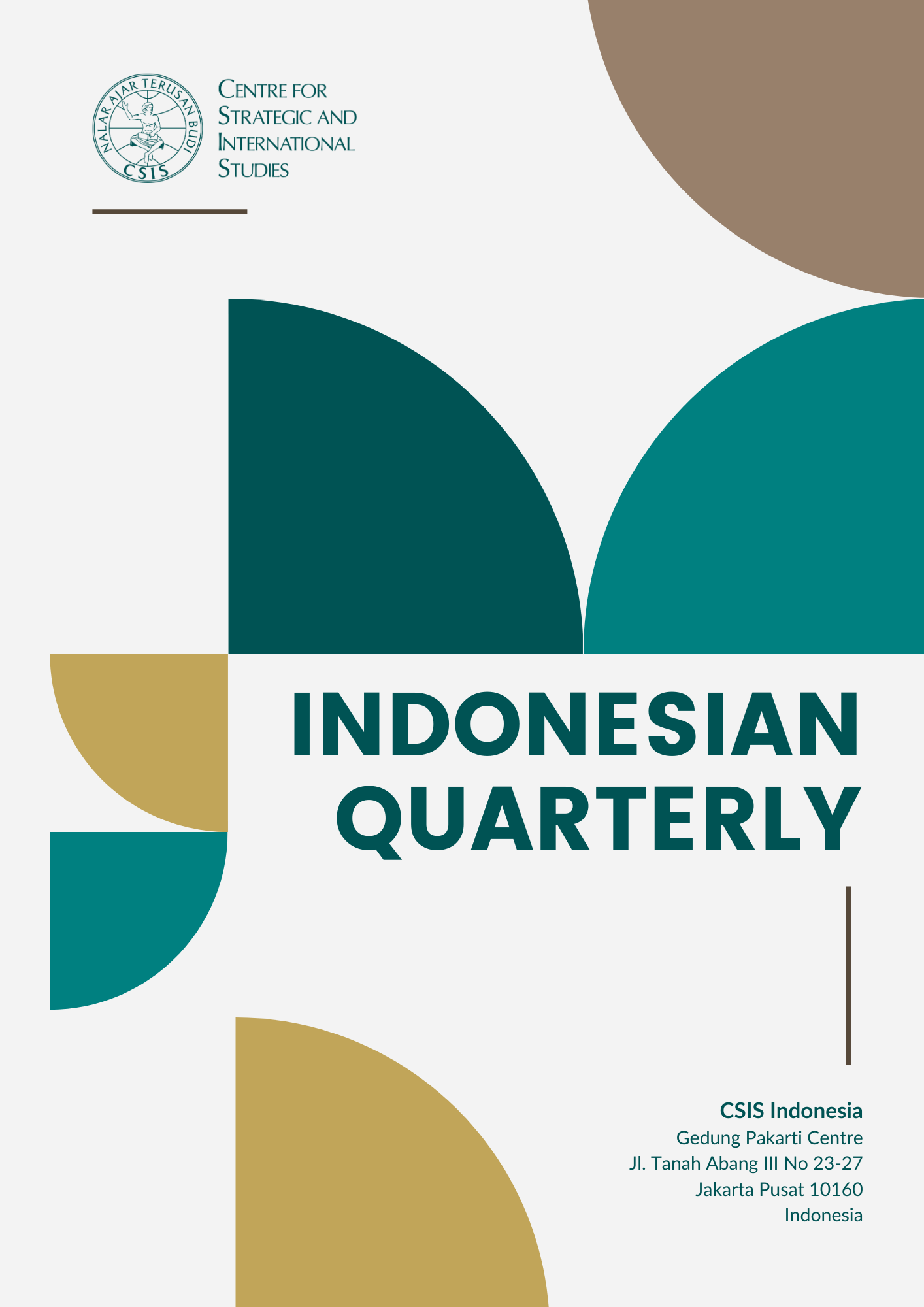Abstract
The ascendancy of China has threatened the current hegemonic position of the United States. The U.S. has responded by engaging deeper with countries in the region of Asia-Pacific, strategically and economically. The Trans-Pacific Partnership is a part of the U.S. economic engagement in the region. Based on the realist theory of state action by Mastanduno et al, this paper argues that the Trans-Pacific Partnership is a natural strategy of the U.S. due to its international and domestic power position. TPP will benefit the U.S. as a future trading template in Asia-Pacific.
